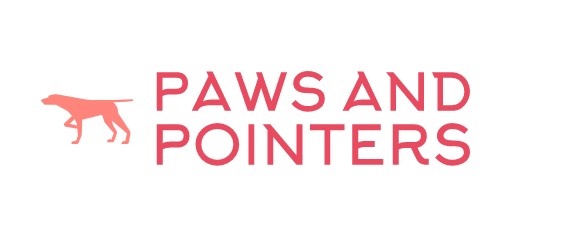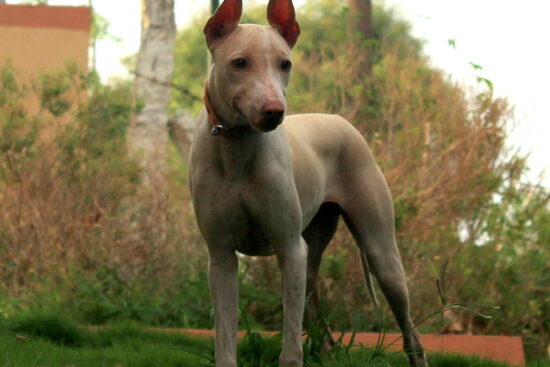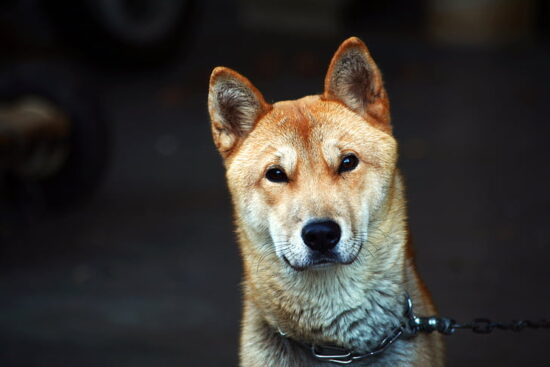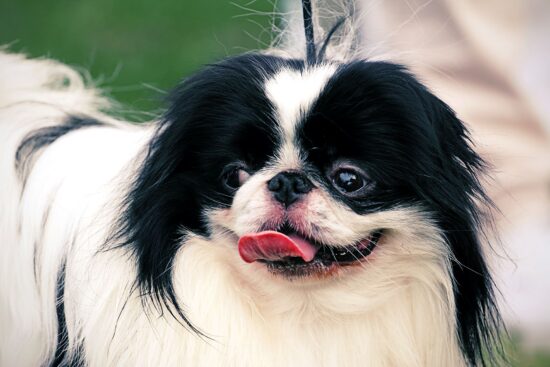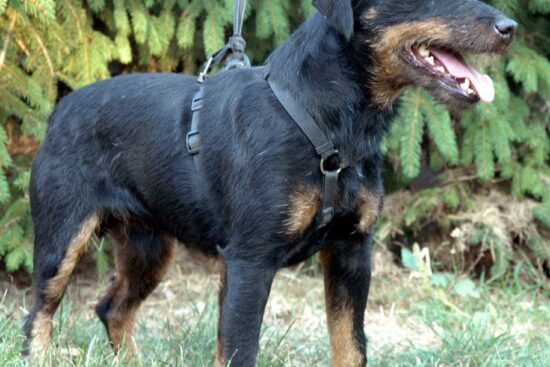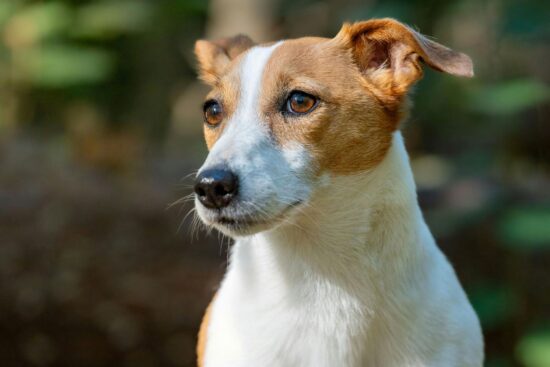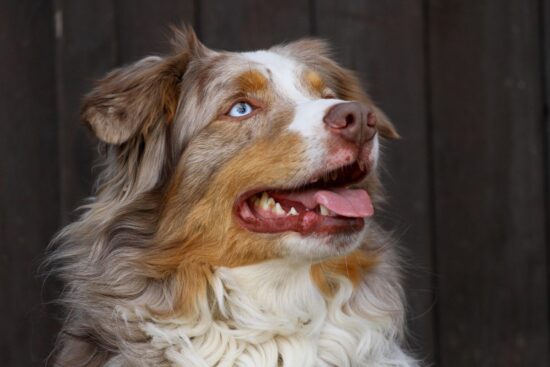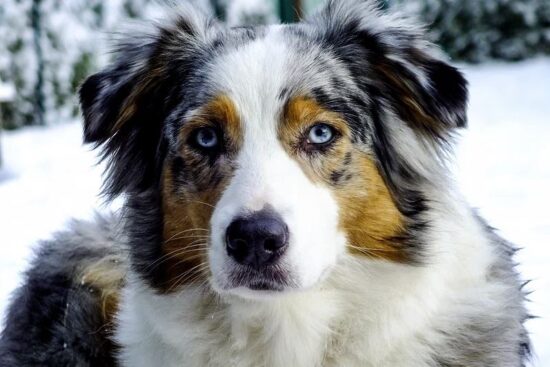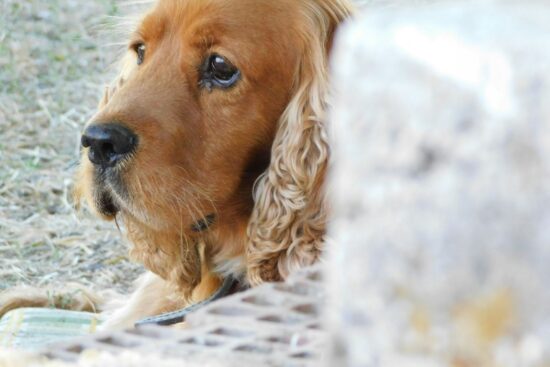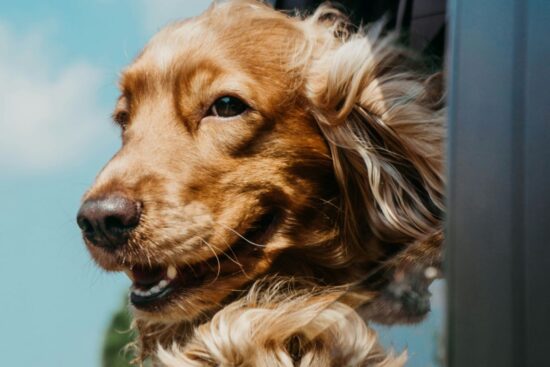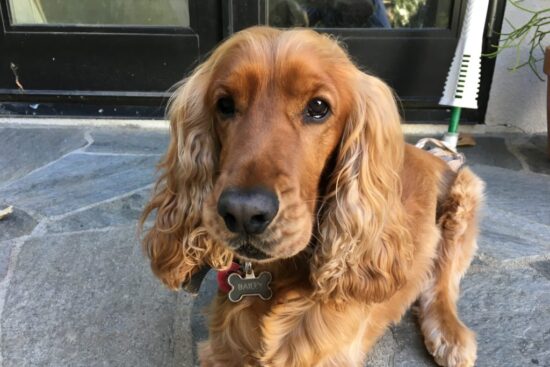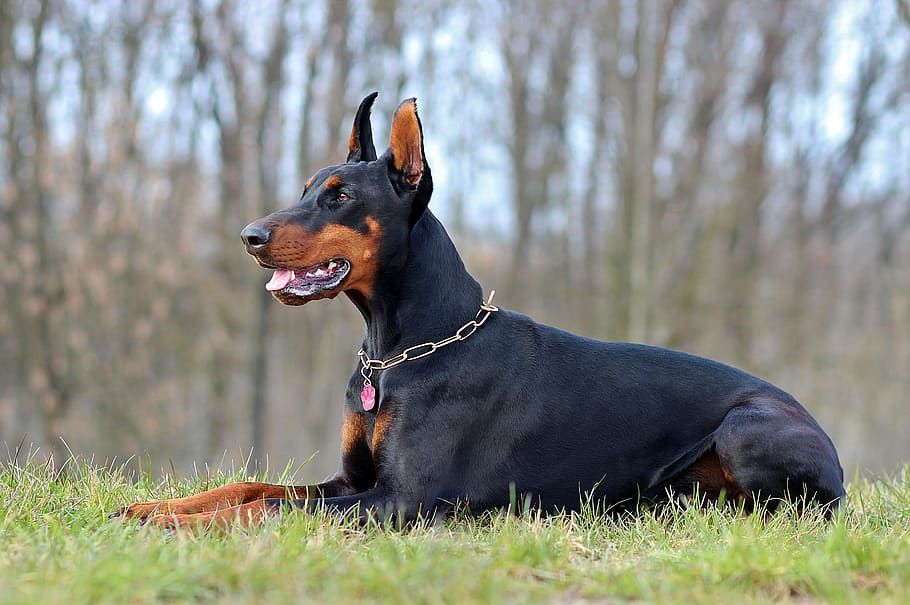
The Doberman Pinscher, often simply referred to as Doberman, is a powerful and intelligent dog breed known for its loyalty, sleek appearance, and versatility. Here is some general information about the Doberman Pinscher:
Doberman Pinscher Origin
The Doberman Pinscher was developed in the late 19th century by a German tax collector named Karl Friedrich Louis Dobermann. He aimed to create a breed that would serve as a loyal guard dog and protector. The breed’s characteristics were refined by crossing several breeds, including the Rottweiler, German Pinscher, Greyhound, and Weimaraner.
Doberman Pinscher Appearance
Doberman Pinschers have a distinctive and elegant appearance. They have a square-shaped, muscular body with a strong neck and well-defined chest. Their head is wedge-shaped, with a flat skull and a prominent stop. Their eyes are usually dark and almond-shaped, exuding alertness. Their ears are typically cropped to stand erect, though natural ears are becoming more common. The breed’s coat is short, smooth, and comes in various colors, including black, red, blue, and fawn.
Doberman Pinscher Size
Doberman Pinschers are medium to large-sized dogs. Adult males typically stand between 26 to 28 inches (66-71 cm) tall at the shoulder, while females range from 24 to 26 inches (61-66 cm). They usually weigh between 60 to 100 pounds (27-45 kg).
Doberman Pinscher Temperament
Doberman Pinschers are known for their loyalty, intelligence, and protective nature. They are usually devoted to their families and form strong bonds with their owners. They are highly trainable and can excel in various roles, including family companion, working dog, and service dog. Proper socialization and training from a young age are important to ensure they become well-behaved and well-adjusted dogs.
Doberman Pinscher Energy Level
Doberman Pinschers are energetic and require regular exercise and mental stimulation. They enjoy activities such as walks, runs, and playtime, as well as engaging in canine sports like agility and obedience. Regular exercise helps keep them physically fit and prevents boredom-related behaviors.
Doberman Pinscher Compatibility
Doberman Pinschers can make loyal and protective family companions. They are usually good with children when raised with them from a young age. However, their size and protective nature require proper socialization to ensure they interact well with strangers and other pets. They have a strong guarding instinct and can be excellent watchdogs.
Doberman Pinscher Grooming
Doberman Pinschers have a short and low-maintenance coat. They shed moderately year-round, with heavier shedding during seasonal changes. Regular brushing helps keep their coat clean and minimizes shedding. Routine care includes nail trimming, teeth brushing, and ear cleaning.
Doberman Pinscher Health
Doberman Pinschers are generally a healthy breed, but like all dog breeds, they may be prone to certain health conditions, including hip dysplasia, cardiomyopathy (a heart condition), and von Willebrand’s disease (a blood clotting disorder). Regular veterinary check-ups, a balanced diet, exercise, and maintaining a healthy weight are important for their overall well-being.
Doberman Pinscher Trainability
Doberman Pinschers are highly intelligent and eager to please, which makes them trainable and responsive to commands. They excel in obedience training and are often used in various working roles, such as police or service dogs. Early socialization and positive reinforcement training methods are crucial to ensure they grow into well-mannered dogs.
Doberman Pinscher Longevity
On average, Doberman Pinschers have a lifespan of around 10 to 12 years. With proper care, a balanced diet, regular exercise, and regular veterinary attention, some individuals may live even longer.
The Doberman Pinscher’s intelligence, loyalty, and protective instincts make it a popular choice among dog enthusiasts. Potential owners should be experienced and prepared to provide them with the training, exercise, and socialization they need to thrive as confident and content family members.
